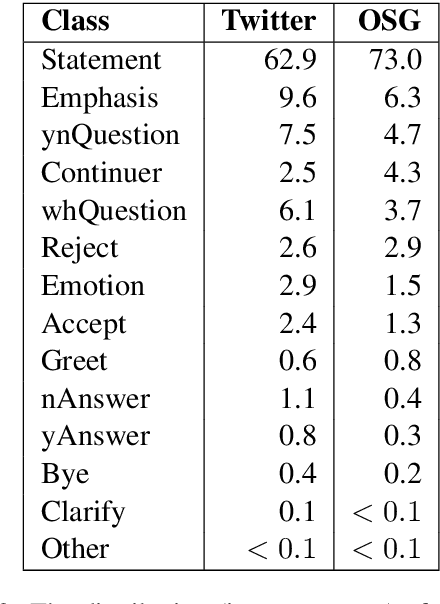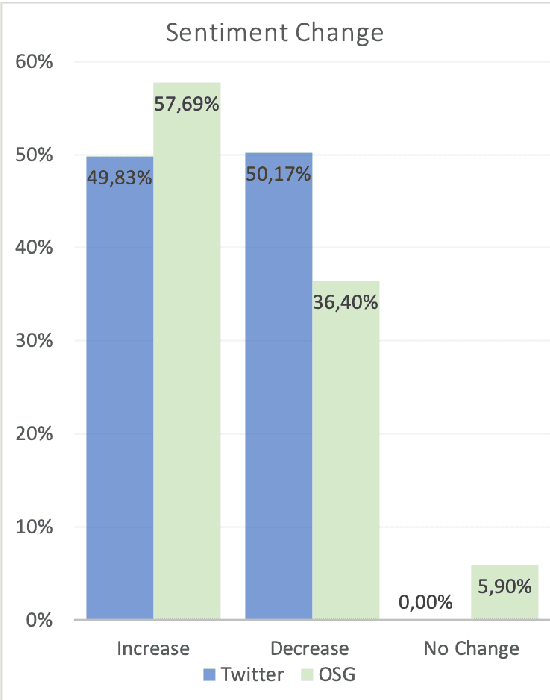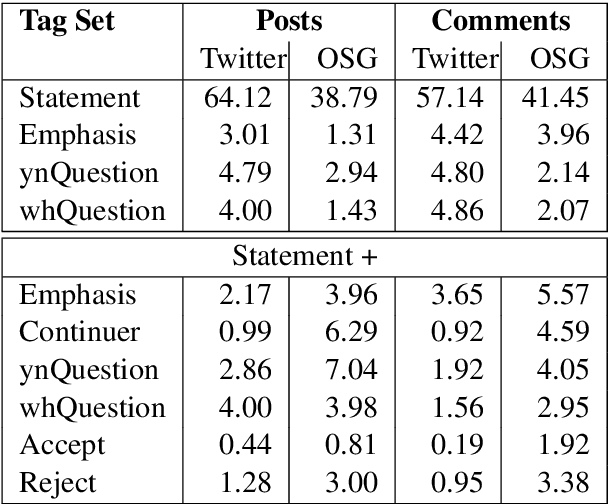Mateusz Dubiel
Personas Evolved: Designing Ethical LLM-Based Conversational Agent Personalities
Feb 27, 2025Abstract:The emergence of Large Language Models (LLMs) has revolutionized Conversational User Interfaces (CUIs), enabling more dynamic, context-aware, and human-like interactions across diverse domains, from social sciences to healthcare. However, the rapid adoption of LLM-based personas raises critical ethical and practical concerns, including bias, manipulation, and unforeseen social consequences. Unlike traditional CUIs, where personas are carefully designed with clear intent, LLM-based personas generate responses dynamically from vast datasets, making their behavior less predictable and harder to govern. This workshop aims to bridge the gap between CUI and broader AI communities by fostering a cross-disciplinary dialogue on the responsible design and evaluation of LLM-based personas. Bringing together researchers, designers, and practitioners, we will explore best practices, develop ethical guidelines, and promote frameworks that ensure transparency, inclusivity, and user-centered interactions. By addressing these challenges collaboratively, we seek to shape the future of LLM-driven CUIs in ways that align with societal values and expectations.
Transfer Learning for Covert Speech Classification Using EEG Hilbert Envelope and Temporal Fine Structure
Feb 06, 2025



Abstract:Brain-Computer Interfaces (BCIs) can decode imagined speech from neural activity. However, these systems typically require extensive training sessions where participants imaginedly repeat words, leading to mental fatigue and difficulties identifying the onset of words, especially when imagining sequences of words. This paper addresses these challenges by transferring a classifier trained in overt speech data to covert speech classification. We used electroencephalogram (EEG) features derived from the Hilbert envelope and temporal fine structure, and used them to train a bidirectional long-short-term memory (BiLSTM) model for classification. Our method reduces the burden of extensive training and achieves state-of-the-art classification accuracy: 86.44% for overt speech and 79.82% for covert speech using the overt speech classifier.
Designing AI Personalities: Enhancing Human-Agent Interaction Through Thoughtful Persona Design
Oct 30, 2024Abstract:In the rapidly evolving field of artificial intelligence (AI) agents, designing the agent's characteristics is crucial for shaping user experience. This workshop aims to establish a research community focused on AI agent persona design for various contexts, such as in-car assistants, educational tools, and smart home environments. We will explore critical aspects of persona design, such as voice, embodiment, and demographics, and their impact on user satisfaction and engagement. Through discussions and hands-on activities, we aim to propose practices and standards that enhance the ecological validity of agent personas. Topics include the design of conversational interfaces, the influence of agent personas on user experience, and approaches for creating contextually appropriate AI agents. This workshop will provide a platform for building a community dedicated to developing AI agent personas that better fit diverse, everyday interactions.
A Conceptual Framework for Conversational Search and Recommendation: Conceptualizing Agent-Human Interactions During the Conversational Search Process
Apr 12, 2024
Abstract:The conversational search task aims to enable a user to resolve information needs via natural language dialogue with an agent. In this paper, we aim to develop a conceptual framework of the actions and intents of users and agents explaining how these actions enable the user to explore the search space and resolve their information need. We outline the different actions and intents, before discussing key decision points in the conversation where the agent needs to decide how to steer the conversational search process to a successful and/or satisfactory conclusion. Essentially, this paper provides a conceptualization of the conversational search process between an agent and user, which provides a framework and a starting point for research, development and evaluation of conversational search agents.
Affective Behaviour Analysis of On-line User Interactions: Are On-line Support Groups more Therapeutic than Twitter?
Nov 04, 2019



Abstract:The increase in the prevalence of mental health problems has coincided with a growing popularity of health related social networking sites. Regardless of their therapeutic potential, On-line Support Groups (OSGs) can also have negative effects on patients. In this work we propose a novel methodology to automatically verify the presence of therapeutic factors in social networking websites by using Natural Language Processing (NLP) techniques. The methodology is evaluated on On-line asynchronous multi-party conversations collected from an OSG and Twitter. The results of the analysis indicate that therapeutic factors occur more frequently in OSG conversations than in Twitter conversations. Moreover, the analysis of OSG conversations reveals that the users of that platform are supportive, and interactions are likely to lead to the improvement of their emotional state. We believe that our method provides a stepping stone towards automatic analysis of emotional states of users of online platforms. Possible applications of the method include provision of guidelines that highlight potential implications of using such platforms on users' mental health, and/or support in the analysis of their impact on specific individuals.
 Add to Chrome
Add to Chrome Add to Firefox
Add to Firefox Add to Edge
Add to Edge